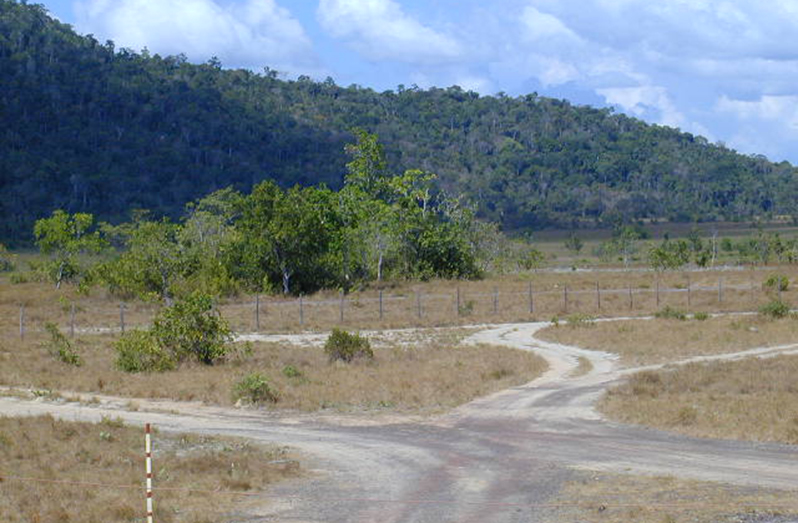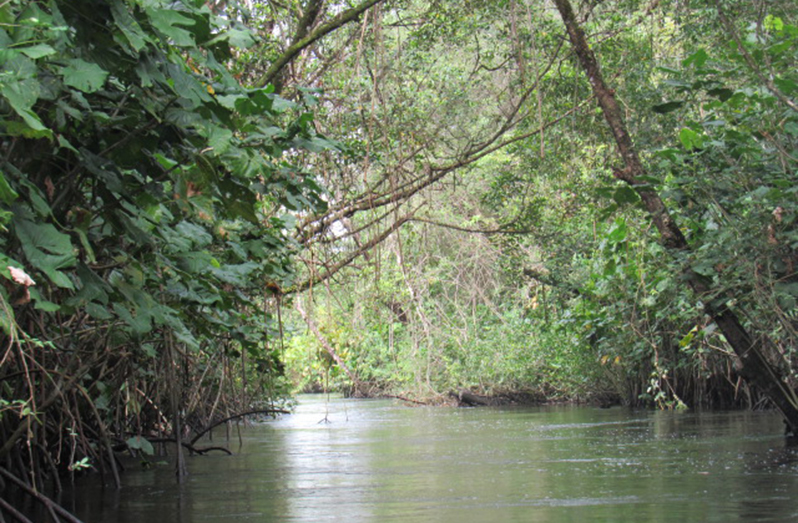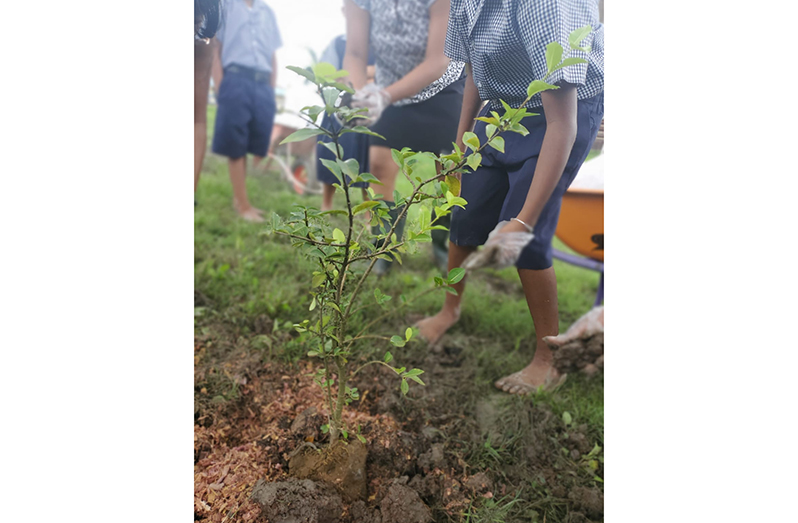WITH the Schools’ academic year of 2022- 2023 coming to a close, I can’t help but feel forlorn with thoughts of the impacts that this phenomenon of Climate Change will have on the younger generation, situations that were not their creation but will be their legacy.
Climate change as we know it is a devastating reality and one that our children will come to know and bear the brunt of its consequences.
According to the World Health Organization, children are a vulnerable group and climate change poses one of the biggest health threats to children in the 21st century. No one is immune to the effects of climate change, but one of the largest groups to be affected will be children under the age of five.
With the altering weather patterns and disturbances to ecosystems, climate change will and has had significant implications for human health, especially children, since many of the global killers of children are sensitive to climatic changes such as flooding and drought. It is reported that children are dying from a small number of preventable and treatable diseases and conditions, including diarrhea, malaria and malnutrition due to climate-related changes.
 Climate change can potentially increase outdoor air pollutants, such as dust from droughts and ground-level ozone. Ground-level ozone and particulate matter are associated with increases in asthma and other respiratory conditions in children.
Climate change can potentially increase outdoor air pollutants, such as dust from droughts and ground-level ozone. Ground-level ozone and particulate matter are associated with increases in asthma and other respiratory conditions in children.
Changing weather patterns affect agriculture. As the world warms, people could suffer hunger and water shortage. As the rains fail to come, crops will wither and livestock will die, exposing children to starvation and diminishing water supplies for drinking and hygiene.
Children drink more water than adults per pound of body weight. They swallow about twice as much water as adults while swimming. This can increase their exposure to certain contaminants in water and the risk of developing gastrointestinal or other illnesses.
 Evidence suggests that developing countries like Guyana, located in warmer regions and which rely greatly on agriculture, will be worst affected by changes in rainfall patterns; this is a fact that we can already attest to, as we are experiencing greater weather extremes and increasing droughts and floods. Changes in precipitation patterns are also likely to affect the quality and quantity of water supplies, thus compounding the impact of poor water and sanitation and malnutrition. Hungry families may be unable to send their children to school or afford health care. Moreover, hunger creates an environment that fosters crime.
Evidence suggests that developing countries like Guyana, located in warmer regions and which rely greatly on agriculture, will be worst affected by changes in rainfall patterns; this is a fact that we can already attest to, as we are experiencing greater weather extremes and increasing droughts and floods. Changes in precipitation patterns are also likely to affect the quality and quantity of water supplies, thus compounding the impact of poor water and sanitation and malnutrition. Hungry families may be unable to send their children to school or afford health care. Moreover, hunger creates an environment that fosters crime.
The world we are living in is changing. Never before has it been so important to educate the next generation about climate change. Our children have the right to know the impacts these major challenges facing humanity might have on them. But more importantly, they also need to be taught how they and everyone else can become part of the solution by living sustainable lives. Our children need to enjoy the outdoors. Expose your child to nature as much as possible. Encouraging them to play outside helps nurture their enjoyment of and respect for nature.
We only have one earth, so we need to look after it well. We can’t just jump into a spaceship and go somewhere else if things don’t work out here – at least not in the near future.
For the sake of our children and our future, we must do more to combat climate change.
 The environment is everybody’s business let us take action to safeguard our children!!
The environment is everybody’s business let us take action to safeguard our children!!
You can share your ideas and questions by sending letters to: “Our Earth, Our Environment”, C/O Communications Department, Environmental Protection Agency, Ganges Street, Sophia, GEORGETOWN, or email us at: eit.epaguyana@gmail.com. Follow us on Facebook and Instagram and subscribe to our YouTube channel.




.jpg)










